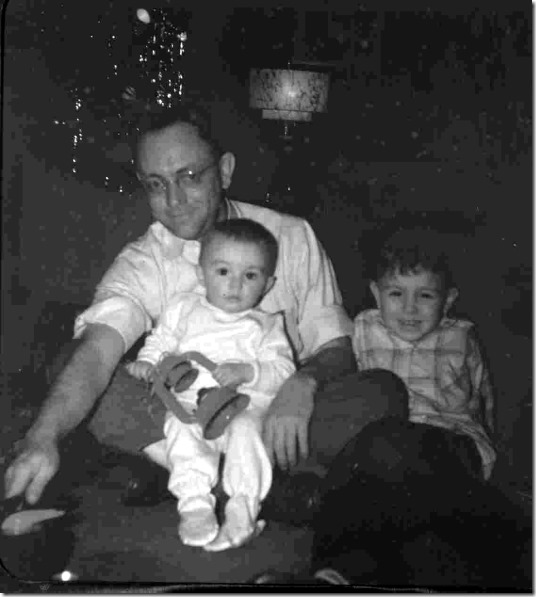73 today. Abundant thanks to all who have wished me well on social networks or email. Carol and I are healthy, and Dash still gets occasional zoomies, even at sixteen and change.
Some time back I mentioned a classical music composer I discovered on KBAQ: Doreen Carwithen 1922-2003. Probably her best-known work is Suffolk Suite (1964), of which the third movement has become a big favorite of mine. I mention her because she was born the year my father was (1922) and I always thought “Doreen” was a 50s name. Why, I’m not entirely sure. I’ve never met a Doreen and only saw one on The Mickey Mouse Club. Of course, there’s more than one name popularity graph online. I checked the Shoestring Baby site’s name visualizer, and sure enough, Doreen Carwithen was an outlier for 1922. The name peaked about 1956, which is toward the end of my age cohort. Odd that I’ve never met one.
This morning at Mass at St. Patrick’s, the weekly announcements (projected on huge screens around the largish U-shaped nave) included one for a session entitled “Theology and AI,” to be held July 15 in the parish hall. I spoke briefly with the man who will be giving the lecture, and it sounds fascinating. The focus will be on the ethics of using AI. I’ve written SF stories about AI for over 50 years, and ethical issues have come up more than once, especially in “Silicon Psalm,” which was published in Asimov’s in 1981. The lecture’s still two weeks off, but I’ll report here after I participate.
For my birthday dinner tonight we’re having tenderloin steaks, polenta, and one of our biggish rainbow salads. I’m going to open the last bottle I have of Gnarly Head’s Authentic Black dark red blend, which has been out of production for a year or two now. I bought up the last six bottles I could find, and opened them on holidays or special occasions. Tonight’s is the last. I’ve tried a lot of dark red blends since then, and finally found one in the ballpark: Red Drop Dark, from Red Drop Wines. Weirdly, Sprouts seems to have an exclusive distribution agreement with Red Drop for the Phoenix metro, and none of the other wine shops I’ve checked have it. California, ~$10. Like Authentic Black, it’s a little off-dry and very fruit-forward. If you like dark reds, try it.
A couple of people I know have grinned and asked me what I want for my birthday. What I want is simple: more reviews of The Everything Machine. If you’ve read the book, please consider dropping a review on Amazon, and/or anywhere else known for publishing book reviews. Utterly no AI was used in the creation of that novel.
“73” is basically a ham radio code for “farewell” or “best wishes,” and it’s a little unsettling to be 73, having known the code now for the 52 years that I’ve been licensed. (This especially since so many of my ham friends are now SK’s, that is, Silent Keys. As I tell them in my prayers sometimes, 73 ET CUL.) I keep thinking I should organize a one-time net of hams who know me from my magazines, books, and Contra. Ideally on a Sunday night after supper, perhaps on 20 meters. If you’re interested, email me and let me know your preferences or suggestions. (My first and last names separated by an at sign, dot com.)
And once again, thanks for all the best wishes. Friendship is the cornerstone of the human spirit, and for my life, that cornerstone has served me unshakably well.












